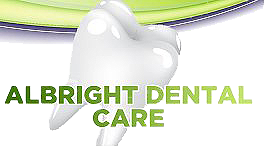Call: (602) 268-7076
Request AppointmentPreventive Dental Services
Dental Exam

There's nothing to fear with a dental exam. Your teeth will be visually examined for signs of plaque, tartar and tooth decay. Your gums will also be examined for puffiness or discoloration, which are signs of gum disease. A full set of dental X-rays may also be taken during your dental exam, to enable your dentist to see below the surfaces of your teeth. Dental exams typically end with a dental cleaning, to remove surface stains and buildup.
Digital Dental X-Ray
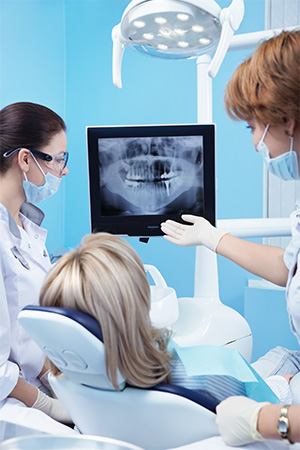
Teeth Cleaning
No matter how often you brush and floss, plaque and tartar deposits can still build up on your teeth. A professional teeth cleaning is the single most effective way to remove these deposits and prevent them from causing more serious problems in the future. While a traditional teeth cleaning involves manually scraping away these deposits with special dental tools, advances in dental technologies now give you more options for teeth cleanings.
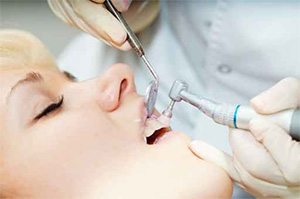
A deep cleaning may be recommended if excessive plaque and tartar deposits have developed below the gum line. Deep cleanings, also known as scaling and root planing, involve a two-part process: first, the stubborn deposits are removed, and then the root surfaces are smoothened. A deep cleaning helps prevent periodontal disease and restores gum tissues to a healthy state.
Pediatric Dentistry
Preventive dentistry is especially important for children. Instilling excellent oral hygiene practices and a good diet at an early age will better prepare your child for a lifetime of dental health.

Your child should visit the dentist every 6 months for regular dental cleanings and checkups. We recommend fluoride treatments twice a year along with cleanings to keep teeth their strongest. Tooth sealants are also recommended because they "seal" the deep grooves in your child's teeth, preventing decay from forming in these hard-to-reach areas. Sealants last for several years, but will be monitored at your regular checkups.
Oral Cancer Screening
Oral cancer affects nearly 35,000 Americans every year. The keys to surviving oral cancer are early detection and early treatment. This starts with a regular oral cancer screening – at least once every six months. An oral cancer screening takes just minutes, is pain-free and can be performed during regular dental exams. If you are male, a regular oral cancer screening is especially critical: Oral cancer is more than twice as common in men as it is in women. Other people at high risk of oral cancer include people over the age of 60, tobacco smokers and heavy drinkers.
Tooth Colored Fillings
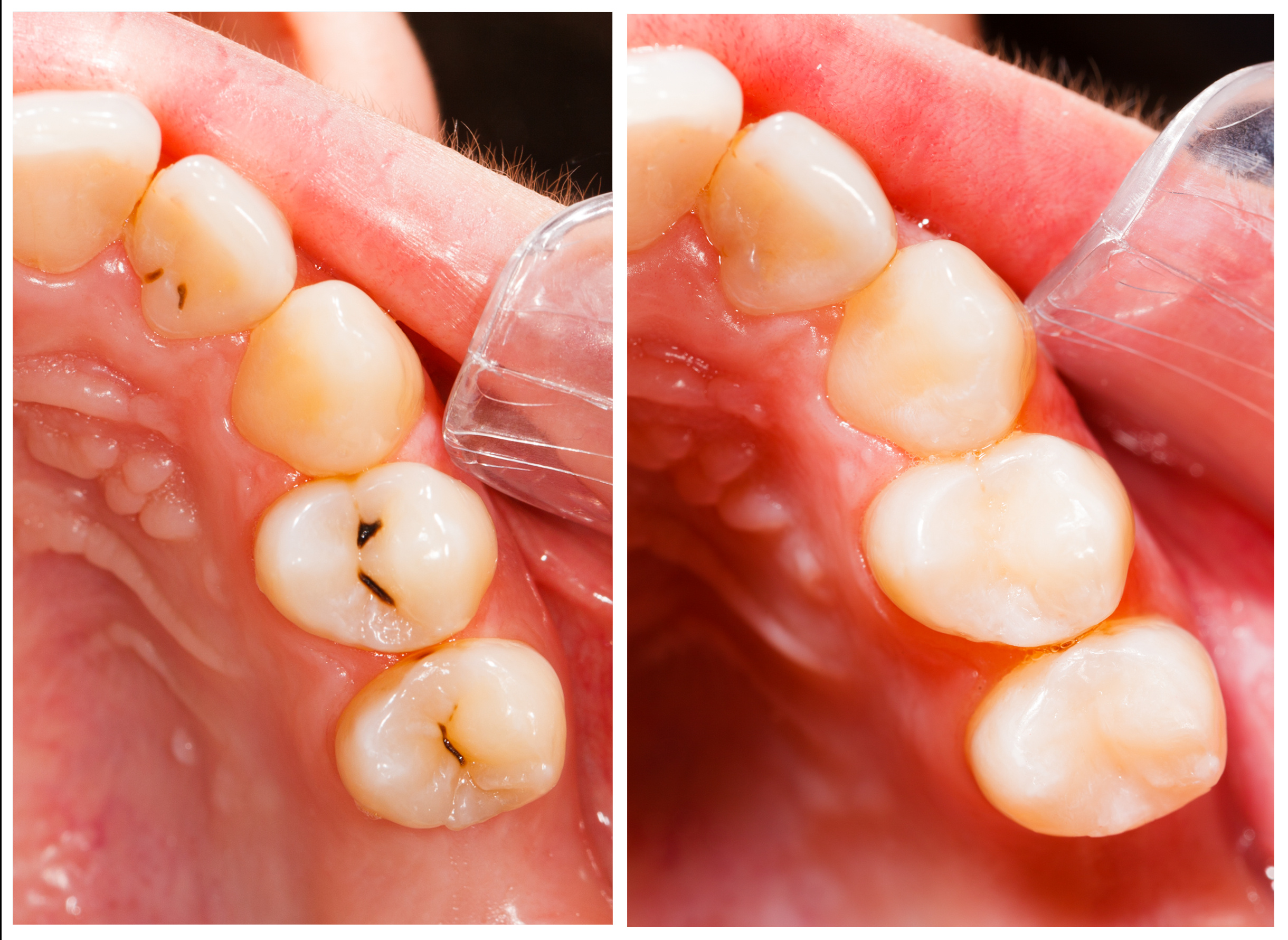
Porcelain Dental Crowns
Although dental crowns can be made of a variety of materials, including stainless steel, gold and silver, nothing looks better than a porcelain dental crown. Porcelain dental crowns match the natural color of your teeth and are virtually undetectable by the naked eye. And because they're metal-free, porcelain dental crowns are an excellent option for patients with metal allergies. Best of all, porcelain crowns don't just look beautiful – they're long-lasting, too!
Gum Disease Treatment
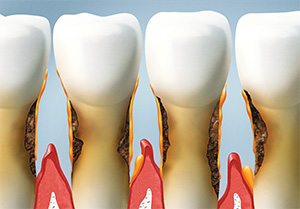
Dental Bridges
Dental bridges have been used for centuries to replace missing teeth. Today, dental bridges are still considered one of the most durable, conservative and cost-effective options for bridging the gap between a missing tooth and surrounding teeth. Comprised of two anchoring teeth and a replacement tooth, dental bridges help prevent surrounding teeth from drifting out of position, improve chewing and speaking, and help keep your natural face shape in tact.
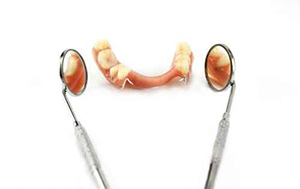
Root Canals
Root canals get a bad wrap. But don't believe the rumors; the dreaded root canal isn't dreadful at all! Root canals are needed when either decay or an injury infects the inner tooth (the pulp). In the earliest stages of infection, you may not feel any pain at all. But when it progresses, you could have a toothache and swelling, or a dental abscess might form. Root canals remove the infection and prevent it from spreading. Thanks to laser root canals, this process is faster, more comfortable and, in many cases, more thorough than conventional root canals. Pulp capping is an alternative to root canals that are used when the infection has yet to penetrate the pulp. Pulp capping can also prevent a large dental filling from getting too close to the nerve.

Dentures
Using dentures to replace missing teeth is not only great for your oral health; it's a great way to look and feel younger! Today, there are a variety of natural-looking and comfortable dentures for patients who need to replace missing teeth. Made of a gum-colored plastic resin or acrylic base and either resin or porcelain replacement teeth, dentures are custom designed to fit your mouth. If you have several teeth or all teeth missing on the upper or lower jaw, full dentures may be your best option. Partial dentures, which can be either fixed or removable, are great for patients who have several missing teeth scattered along the upper or lower jaw.
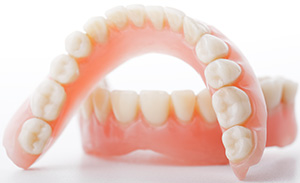
Just as with your natural teeth, dentures require daily maintenance. With regular wear and tear, your dentures can last 5-7 years. During that time, you may need periodic denture relines to accommodate changes in the contours of your mouth. Regular denture relines involve resurfacing the base to ensure that your dentures fit and function perfectly. If you break your dentures, it's critical to bring them to your dentist for professional denture repair. Home denture repair kits can cause more damage and be even more costly to fix.
Emergency Dental Care
A dental emergency is always a stressful situation, but it can become absolutely nerve-racking when your dentist is out of the office. Whether it's late Saturday night and your dentist won't be back in until Monday, or if your dentist is out of the country on 2-week vacation, a dental emergency can be difficult to manage on your own. There are some basic things that you can do to prevent or cope with dental emergencies when they occur.
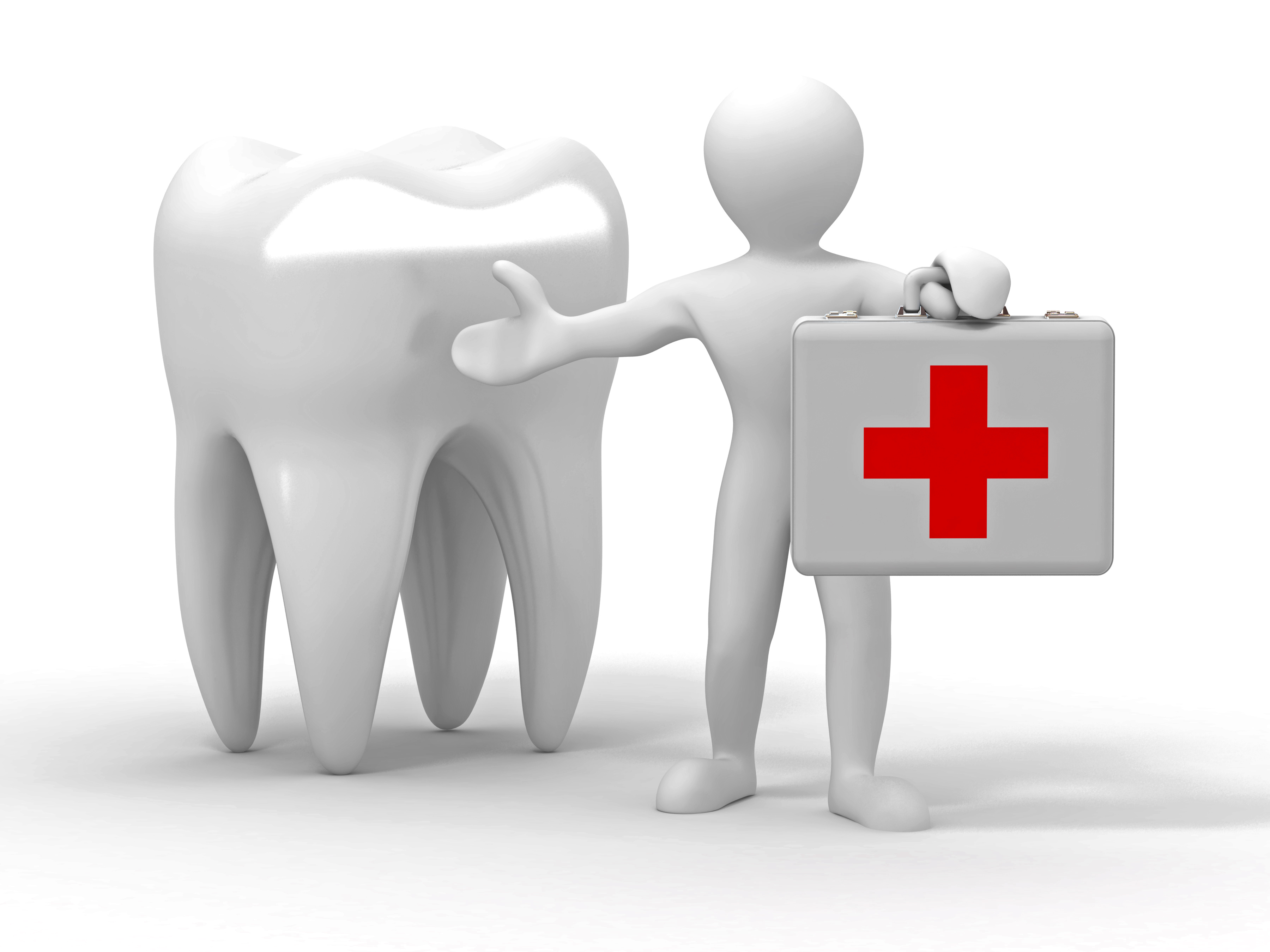
If a dental emergency does occur when your dentist is unavailable, there are several things that you can do. Pain in the teeth or gums can often be effectively handled with over-the-counter pain relievers such as ibuprofen (Advil®), naproxen (Aleve®), or acetaminophen (Tylenol®), to be taken as directed. Rinsing with warm salt water (a teaspoon of salt in eight ounces of water) can help temporarily relieve puffy or swollen cheeks and gums. Some-store bought products like Orajel® can also be effective in relieving minor soreness of the gums. If you have a broken tooth, a piece of wax or even some soft chewing gum can cover a sharp edge until you can get to the dentist.
Your dentist should also be available for advice if a dental emergency occurs. Thanks to cell phones and answering services, patients can often reach their dentist after office hours. This gives the dentist the ability to contact the pharmacy for antibiotics and pain medication should they feel that patients need them. If your dentist is going to be out of the office for more than a few days, he or she should have another dentist available to treat any dental emergencies that may occur.
Call Dr. Jakobsen for your dental emergencies. (602) 268-7076
